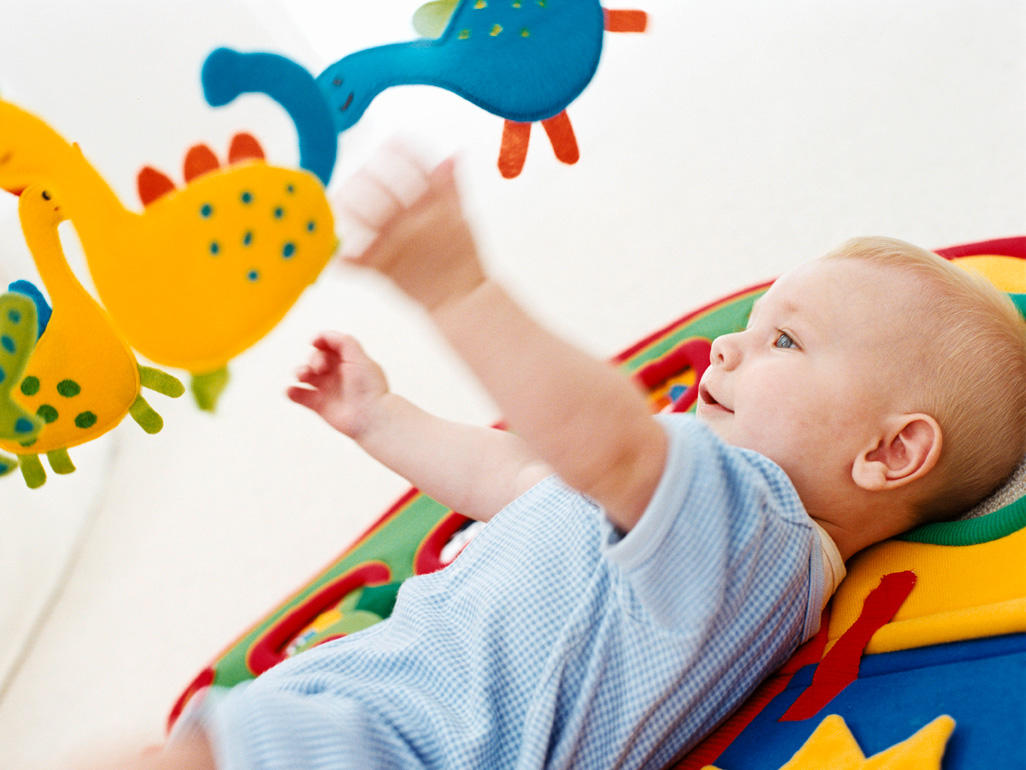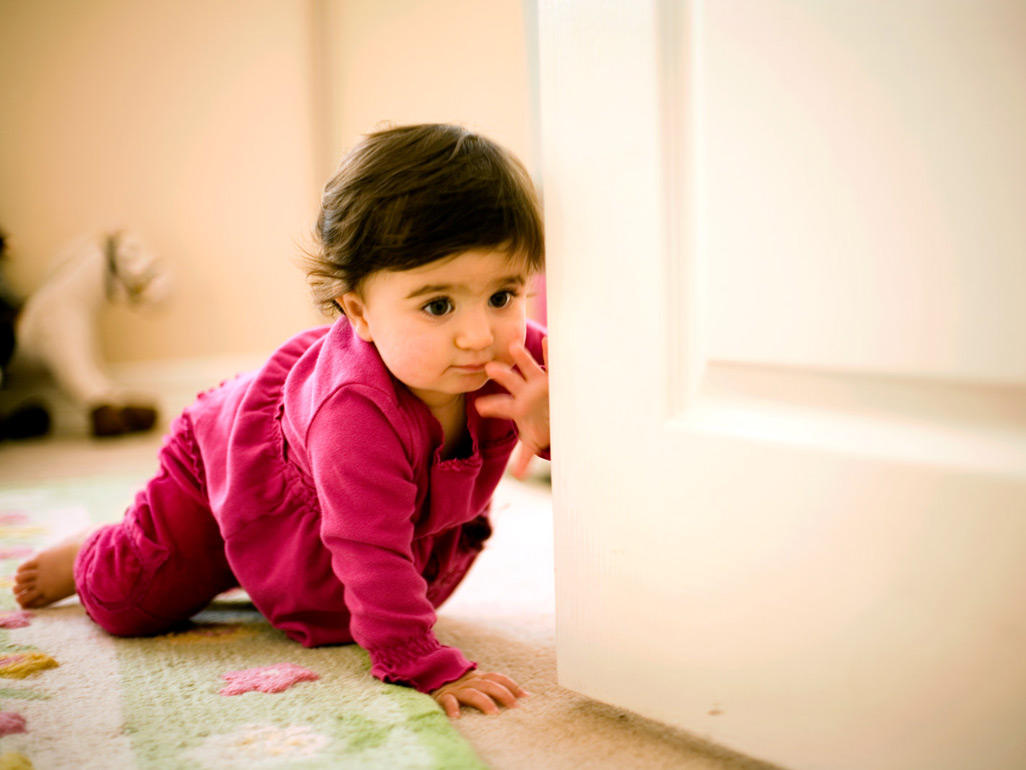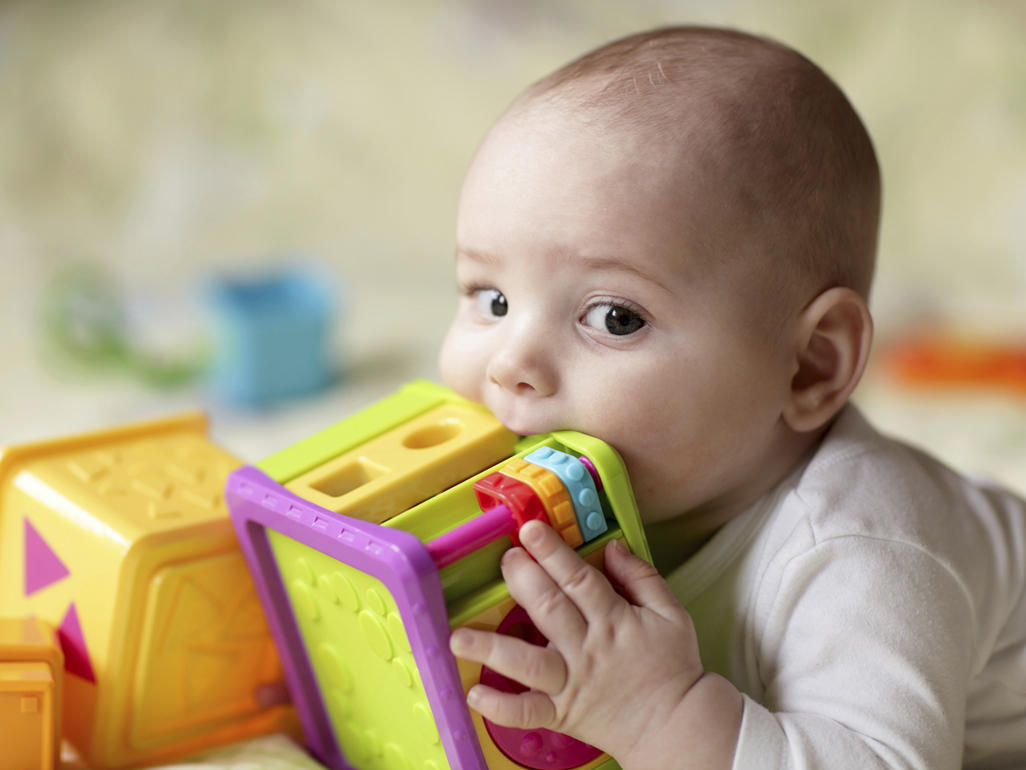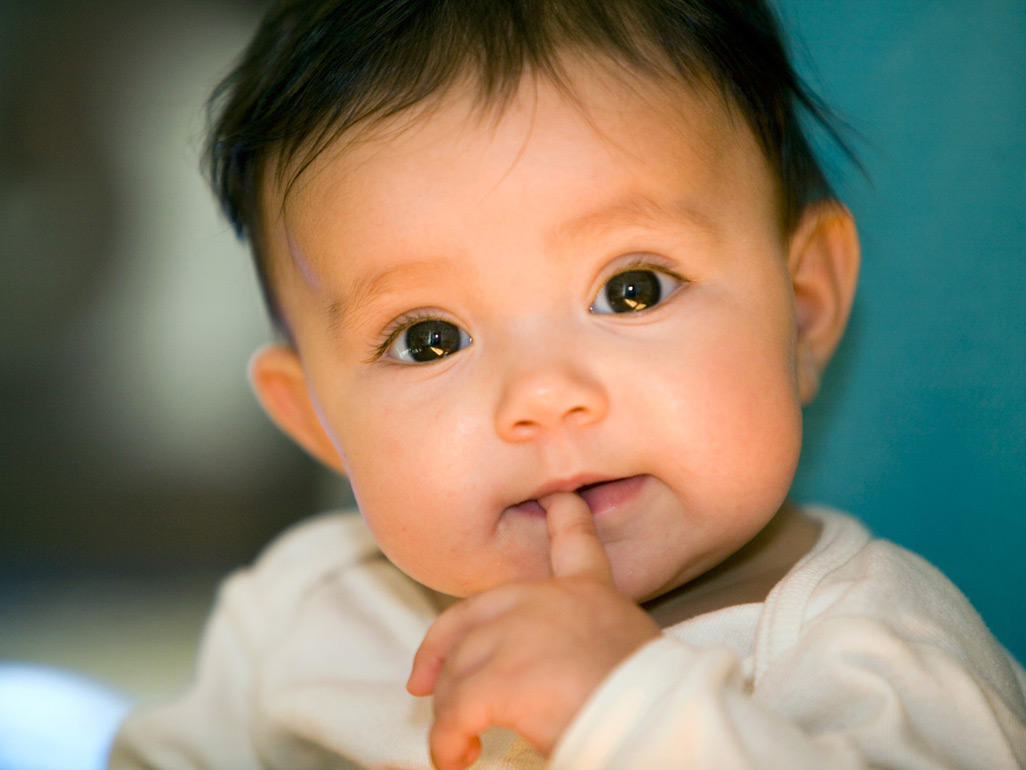Baby development
More Baby development
Your baby's development month by month
Your four month old's development
Your baby's head has needed a lot of support during the first few months. As her neck muscles get stronger, find out how you can help her hold her head up high.
A second a day: from birth to 3 months (video)
A second a day: from 3 months to 6 months (video)
A second a day: from 6 months to 9 months (video)
A second a day: from 9 months to 1 year (video)
See all in Your baby's development month by monthYour baby's growth
Baby growth spurts
Wondering if your baby is having a growth spurt? Find out the top signs of growth spurts, how long they last, and what you can do to help your baby through them.
Does my baby need more milk during a growth spurt?
Understanding your baby’s growth
Do growth spurts hurt my baby?
See all in Your baby's growthPhysical development
Developmental milestones: crawling
Find out when your baby will crawl and how you can help develop this skill.
Baby milestones: one to six months
Baby milestones: seven to 12 months
Developmental milestones: rolling over
Developmental milestones: sitting
See all in Physical developmentYour baby's senses
Developing your baby’s senses through play
Everyday activities such as playtime, nappy changing and feeding are a great opportunity to develop your baby’s sense of touch, smell, hearing, sight and taste.
Developmental milestones: sight
Developmental milestones: hearing
Why does my baby put everything in her mouth?
Will my child need glasses because my partner and I are short-sighted?
See all in Your baby's sensesSocial and emotional development
Developmental milestones: separation and independence
Is my baby self-aware? How can I avoid separation anxiety? A guide for parents to a key area in baby development.
My 7-week-old doesn't smile yet. What's wrong?
Developmental milestones: socialisation
When will my baby smile for the first time?
Can I predict what sort of personality my baby will have?
See all in Social and emotional developmentLearning and communication
Brain stem development
The brainstem is the most highly developed area of the brain at birth. It controls all inborn reflexes such as crying, startling and suckling, and it regulates basic life functions such as breathing, blood pressure, heart rate and REM (Rapid Eye Movement) sleep.
Developmental milestones: understanding words, behaviour, and concepts
Your baby's brain: the frontal lobe
Your baby's brain: the parietal lobe
Your baby's brain: the temporal lobe
See all in Learning and communicationTrack your baby’s development













